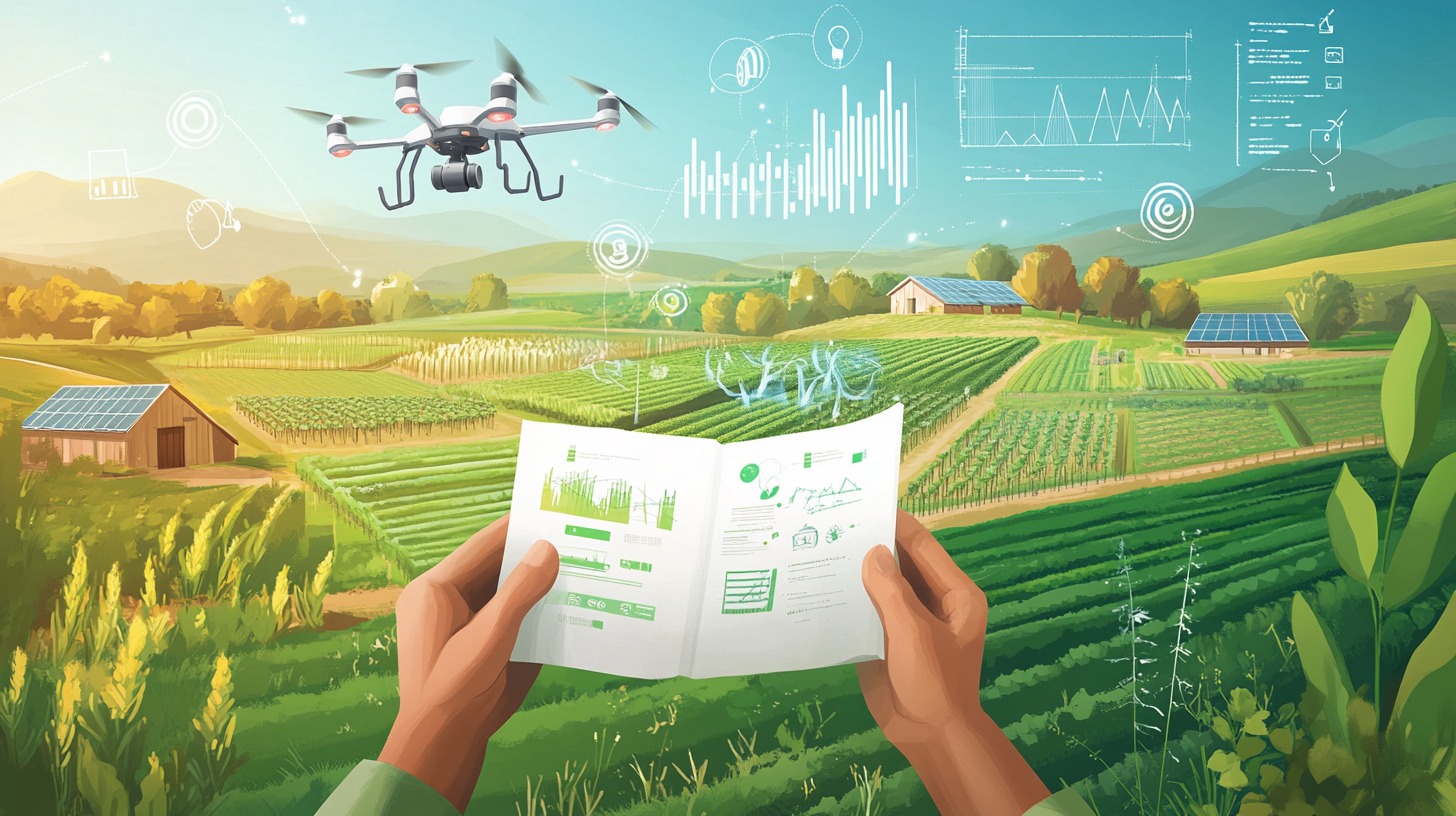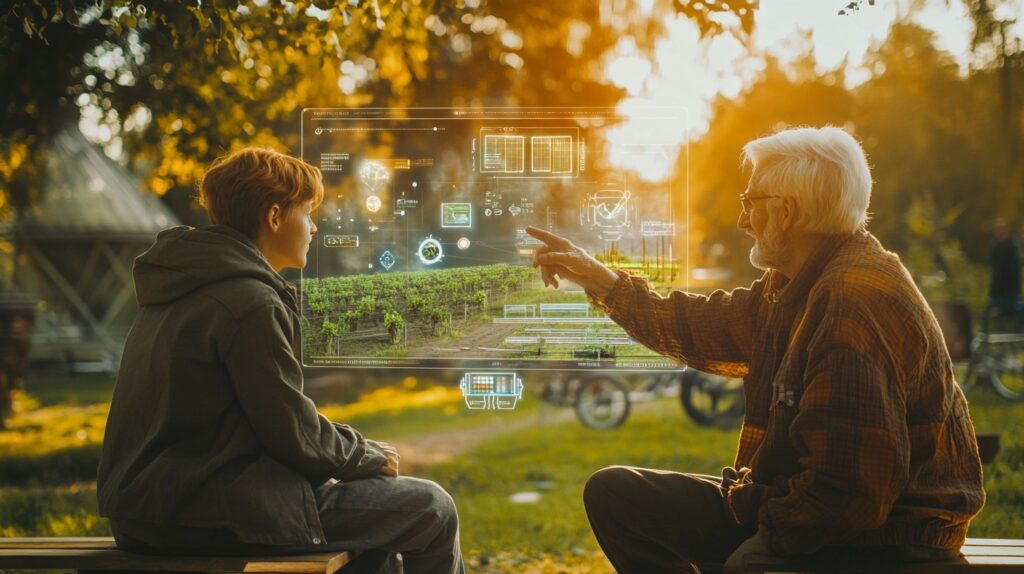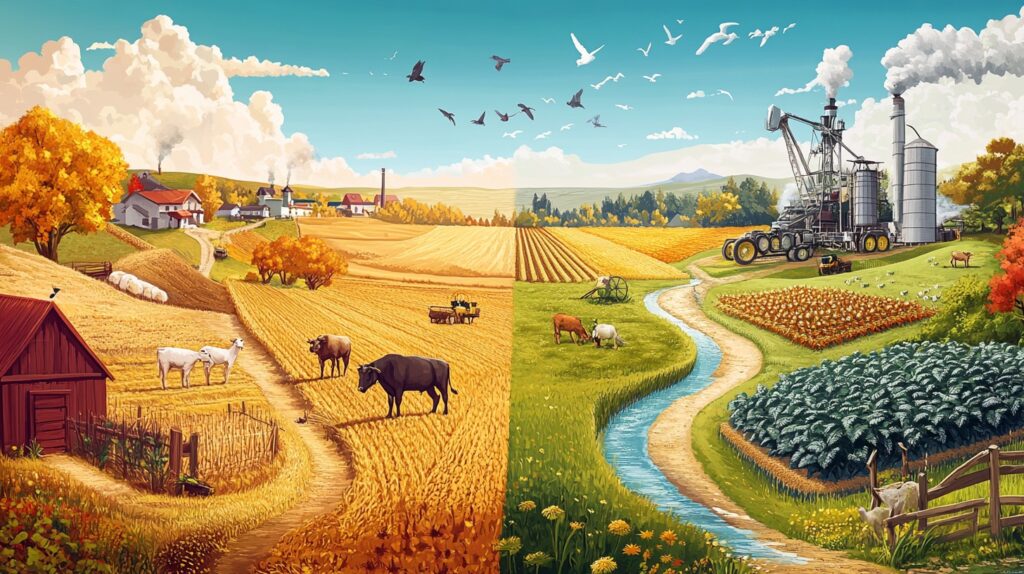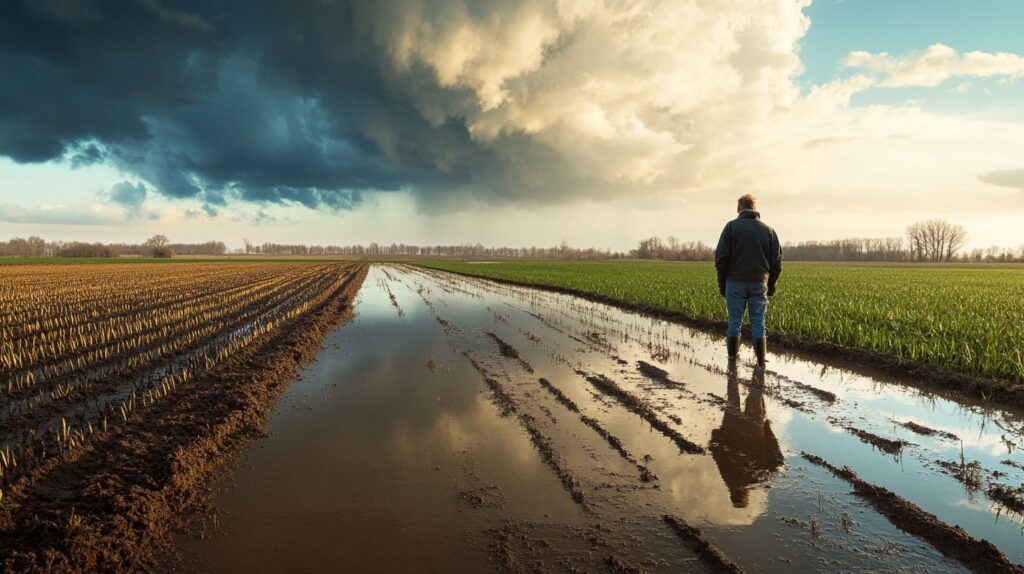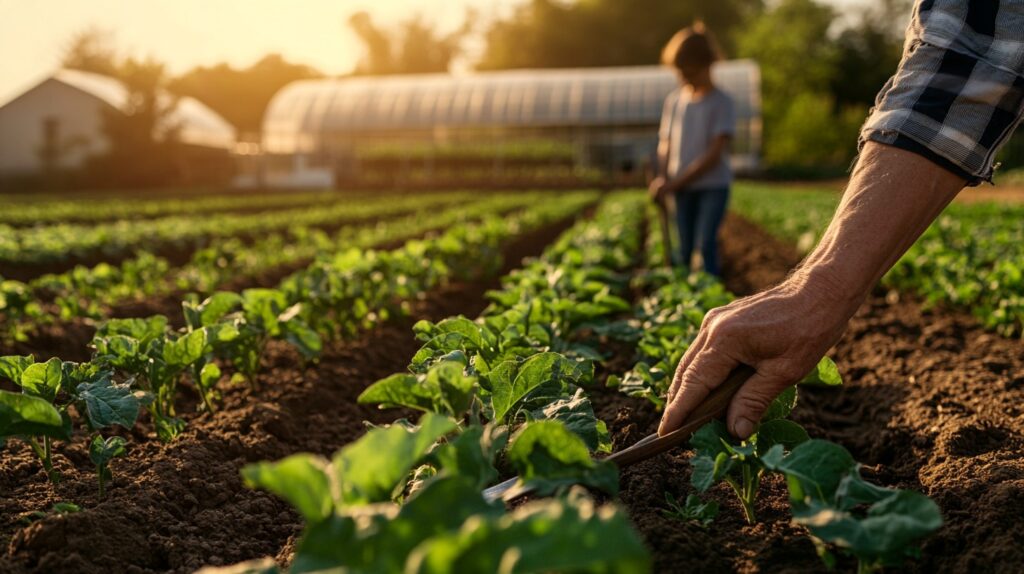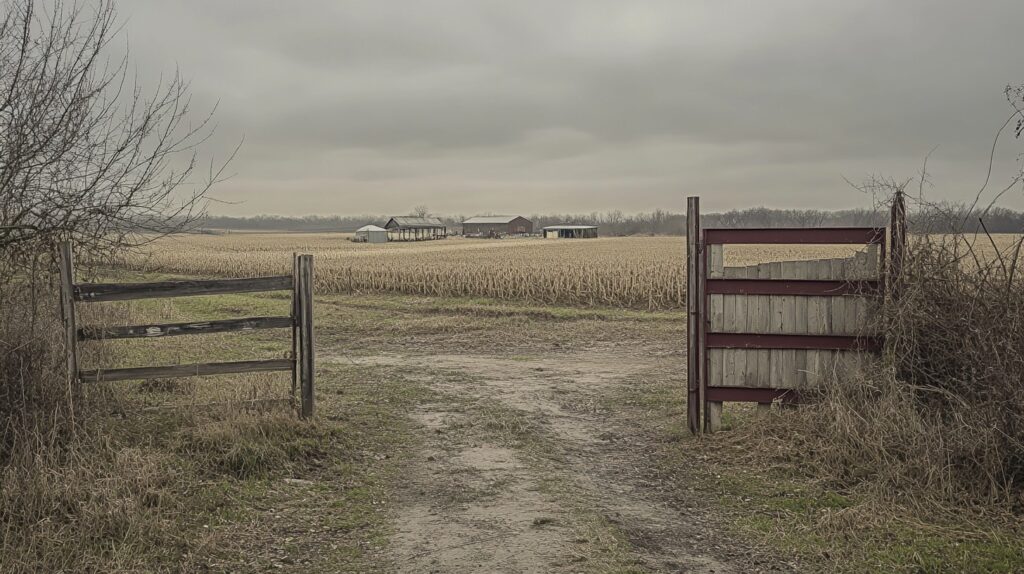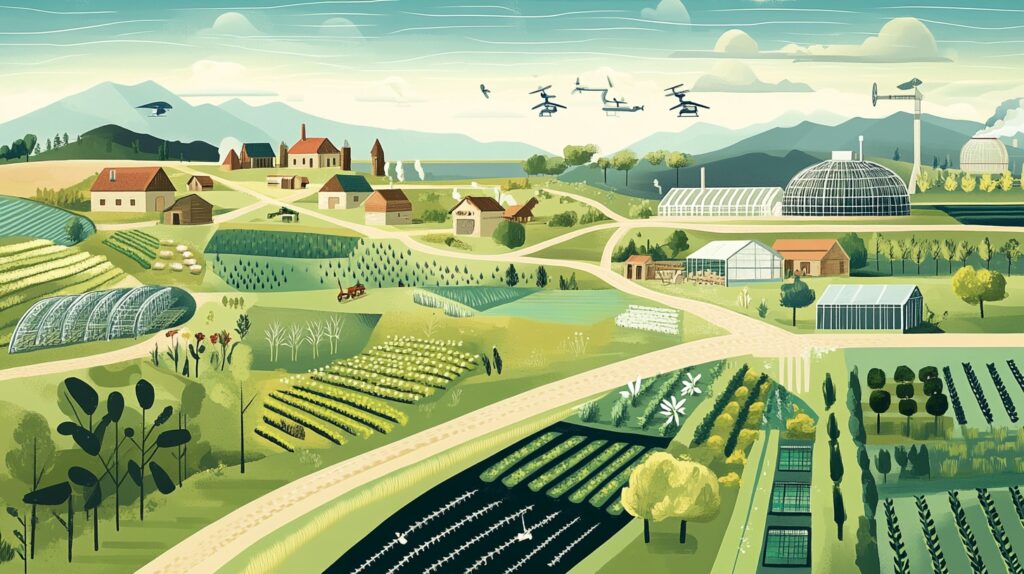In the current “Introducing the Agro-Entrepreneurship Guidebook: Key Achievements in Sustainable Agricultural Development” post, we present the Pedagogical Guidebook for the Grand Friend project. L4Y Learning For Youth GmbH is coordinating the project with the partners’ Citizens in Power, Challedu, KMOP and PFA.
To get updates on the website, follow us on LinkedIn, as well as Facebook social media pages.
Introduction to Grand Friend Project’s Work Package 2
The Grand Friend Project has always been at the forefront of promoting lifelong learning and innovation, particularly in the field of Agro-Entrepreneurship (AE). With Work Package 2 (WP2), we’ve taken a significant step forward. During this phase, we dedicated ourselves to developing a comprehensive Agro-Entrepreneurship Guidebook. Moreover, this guidebook aims to bridge the gap between traditional practices and modern approaches in agriculture, thus facilitating a smoother transition for agro-entrepreneurs.”
Activity Overview of WP2
Our journey in WP2 comprised several key activities:
- A2.1: Desk Research: We delved into the wealth of information on International Programs in Lifelong Learning Education and Agro-Entrepreneurship. For future reference, we created a list of sources on IP in LLE and AE.
- A2.2: Guidebook Structure Design: The structure of the Guidebook was meticulously designed, and a questionnaire template for best practices in AE was created and circulated.
- A2.3: Interviews and Discussions: Engaging conversations through our interviews with lifelong learning institutes and AE associations helped us pinpoint the industry’s needs.
- A2.4: Content Creation: We compiled the beta version of the Guidebook, rooted in the insights from A2.1, A2.2 and A3.3
- A2.5: Quality Control and Refinement – The Guidebook underwent thorough quality control and evaluation, leading to necessary adjustments.
- A2.6: Translation – The enhanced Guidebook was translated into all consortium languages, making it accessible to a broader audience.
Highlights from Our Research and Interviews
In our initial research, we extensively explored various sources and references. Our goal was to comprehend the benefits of IPs in LLE and AE. Consequently, one of the most noteworthy outcomes was the identification of 12 best practices across Cyprus, Greece, Germany, and Poland. We have detailed these findings in our blog post Agro-Entrepreneurship Best Practices.
Our interactions with agroentrepreneurs and CSO representatives were particularly enlightening, providing real-world perspectives on the challenges and opportunities in AE, which you can find more insights in our Pedagogical Guidebook
Agro-Entrepreneurship Guidebook: Guidebook Structure
The Guidebook offers a detailed overview of AE. It focuses on intergenerational learning. It also addresses the effects of recent global challenges, including the pandemic. Key sections include:
- Introduction and Objectives
- Evolution of Agricultural Practices
- Impact of Climate Change on Agriculture
- Generational Challenges during the Pandemic
- Pedagogical Approach to Agro-Entrepreneurship
- Conclusions on the Role of Intergenerational Programs
We carefully crafted each section of the Guidebook to blend theoretical knowledge with practical insights. As a result, it becomes an invaluable resource for anyone passionate about the ever-evolving field of agriculture.
Agro-Entrepreneurship Guidebook: Conclusion and Further Reading
Produced during WP2, the Agro-Entrepreneurship Guidebook signifies a significant milestone in our pursuit of sustainable and innovative farming. Additionally, it underscores our dedication to forward-thinking agricultural methods. Not only it serves as a guide, but also stands as a testament to the strength of collaborative learning and underscores the critical need to adapt in an ever-evolving world.
We invite you to delve deeper into this rich resource. For more insights and to access the complete documentation you can access Pedagogical Guidebook: A Manual for Entrepreneurs in the Agricultural Sector and the Benefits of Intergenerational Programs

